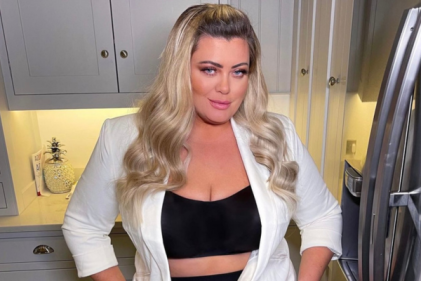NASA is organising a mission to Mars, which means that – while we may never have considered it before – we’re probably going to have to start thinking about the concept of reproduction in space.
Thankfully, this is something that scientists are all over, and new research is suggesting that sperm stored in space can produce healthy offspring.
The latest findings come from research published in the scientific journal PNAS. As part of the study, the sperm of male mice was freeze-dried and sent up to the International Space Station (ISS).
The sperm, which could be stored at room temperature, spent 288 days (or roughly nine months) at the ISS before being brought back down to Earth. Then, researchers analysed it and studied its performance during normal reproduction.
The team first compared the ‘space sperm’ to Earth-based sperm. They found that the journey to space had adversely affected the sperm’s DNA, causing it to become more fragmented.
However, when the sperm was used to fertilise an egg, it produced a similar number of healthy embryos in comparison to the sperm that hadn’t been sent to the ISS.
And when the research team analysed the gene patterns within the brains of the adult mice, from both groups, they found that there were no major differences. So, basically, baby mice conceived with ‘space sperm’ had developed just like their counterparts conceived in the regular way.
There are limitations and factors to consider, though. Indeed, this was only short-term space travel, so experts will have to consider the impact of more long-term travel on the male reproductive system.
Also, from this study, it appears that a healthy egg may be able to counteract any damage to the DNA of the sperm; if this is the case, then researchers will have to investigate whether this would still be the case, if the egg spends an equal amount of time in space.
While more research is clearly needed, researchers were able to say one thing with confidence: adults will need to keep their exposure to radiation at a minimum.
Well, mums, what do you think of this research? It certainly gives hope for the future of space travel – and we never know how great a role it’s going to play in our lives.
Let us know what you think, in the comment section.





